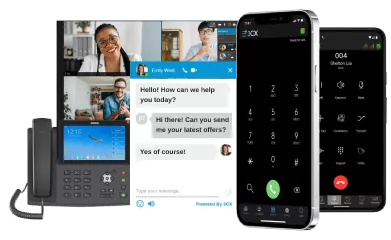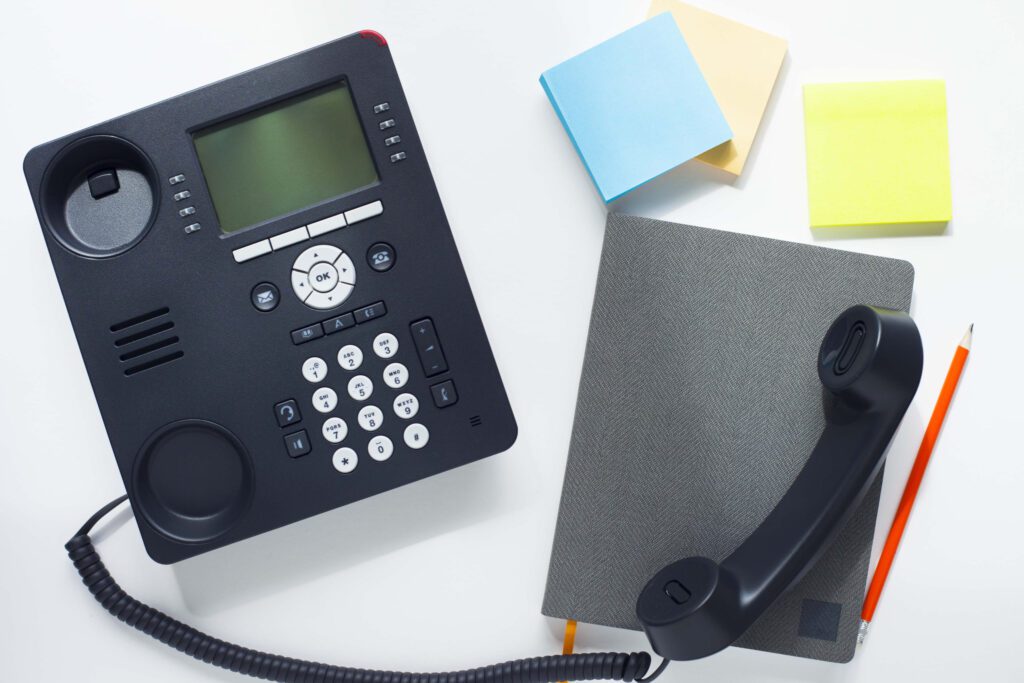Do you know the history of business phone systems? It’s a fascinating story and one that has had many twists and turns. You might be surprised to learn that even though we are so accustomed to using VoIP now, it was not always this way. Businesses used a variety of different types of phone systems over the years, each with its own strengths and weaknesses. This blog post will explore these different types of phones as well as how they have evolved over time.
The Early Years
In the early days of telephones, all calls were routed through a manual switchboard by an operator at the phone company office. This meant that if you wanted to talk on more than one line or with someone who had their own line and not just multiple phones hooked up to your business’s central office like most people do today, then it would be quite expensive!
Key Systems
The Key System was developed to provide businesses with more control over their phone systems. The system has buttons for each line and an individual button for every telephone, so you can easily get the one that you need without any unnecessary hassle from other people on your team trying to look through the list of everyone’s extensions or call them by name in order to find someone who is not answering their office phone because they are busy at a meeting.
PBX and the history of Business Phone Systems
A private branch exchange (PBX) is a telephone system for large businesses that need more options and control over their phone lines. PBXs were created to solve the problem of central office lines being used by only one company, which was causing inefficiencies with time-wasting call transfers and waiting times as well as costing them money on long-distance calls because they had no choice but to share these circuits.
In order to reach full efficiency, many companies needed an independent way of using all available resources without having any downtime due to not sharing it or worrying about how much usage each line may have at different points in the day. In addition, two or more stations are able to directly connect while not using the public switched telephone network.
Hosted PBX
VoIP has changed the way we communicate. Virtual PBX systems deliver voice communication as a service, while hosted PBXs are generally provided by telephone companies or providers using equipment located on-site at their exchanges and data centres. This means there is no need to buy or install expensive hardware on your premises for this purpose!
In Need of a Phone System? Contact Juno Telecoms
It’s been a long time coming, but the future of business phone systems is finally here. We’ve watched them evolve from landlines to desk phones and then cordless office phones before eventually going wireless with cellphones that can make calls over data networks.
These days it seems like we’re all just using our smartphones for everything- work included. But if you need help getting your company up and running or have an existing workplace phone system in need of some upgrades, Juno Telecoms can be there to support you every step of the way. Call us today and let one of our friendly experts can tell you more about how we can help!















